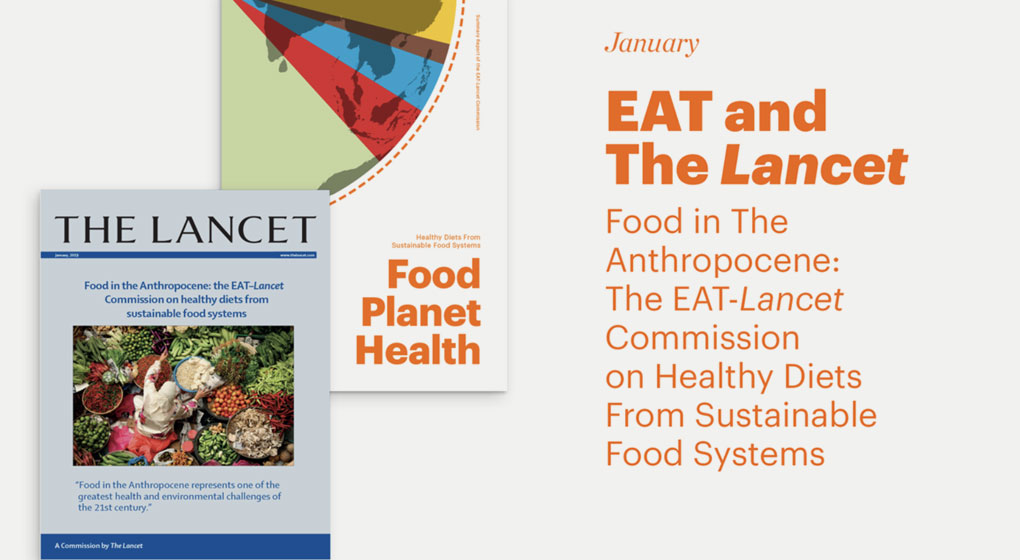How impartial is The Lancet?
There have been numerous unsuccessful attempts by a string of scientists to get The Lancet to remove a study into red meat that, by its author’s own admission is wrong. This refusal to remove the flawed study has prompted us to seek reassurance from the publication that they are maintaining the strict standards of impartiality and rigorous scientific due diligence that they are known for.
“No competing interests”
In a recent letter, we challenged The Lancet to explain their claim of ‘no competing interests’ given its well publicised connection to the EAT Forum which is is an activist organisation backed by a who’s who of global corporations, most of which have a clear vested interest in pushing a plant-based narrative to consumers regardless of potential health implications. We have yet to receive a response to our letter.
The flawed study
The authors of the disputed Global Burden of Disease study (which wrongly claimed a whopping 36 fold higher estimate of death attributable to red meat intake) recently published another study called the Burden of Proof in a different journal. This new study looked at years of previous research into the link between red meat and heart disease. It also formulated a new star rating system to demonstrate the level of risk.
Interestingly the new study concluded that “a conservative interpretation of the available evidence suggests that there is weak to no evidence of an association between red meat consumption and ischemic heart disease.”
Despite this admission by the authors of the study that they got it wrong, The Lancet are steadfastly refusing to take it down, partly because it’s already been cited and used in multiple other scientific papers and policy documents and partly because they’re half expecting future studies to come up with different results again. So wrong information continues to be referenced and used by policy makers who are responsible for driving public health.
The seriousness of this last point has been illustrated by a recent United Nations Food and Agriculture Organisation. It’s a comprehensive evidence and policy overview entitled “Contribution of terrestrial animal source food to healthy diets for improved nutrition and health outcomes.” It says that consuming unprocessed red meat in moderate amounts “may have minimal risk…but is considered safe with regards to chronic disease outcomes.” It describes the contribution of meat, eggs and milk “to healthy diets for improved nutrition and health outcomes over the course of people’s lives.”
Our message is simple. We believe that we should keep studying the effects of food on our health, but we should only use evidence that meets the highest standards of scientific scrutiny and integrity on which to base advice to the public. If a study is proved to be wrong, it should not be used and should be withdrawn from publication.
Maintaining public access to disputed and incorrect information risks causing the unintended consequences of encouraging people to do something that could harm instead of help them because the wrong assumptions were used.
View the full BMPA letter here






